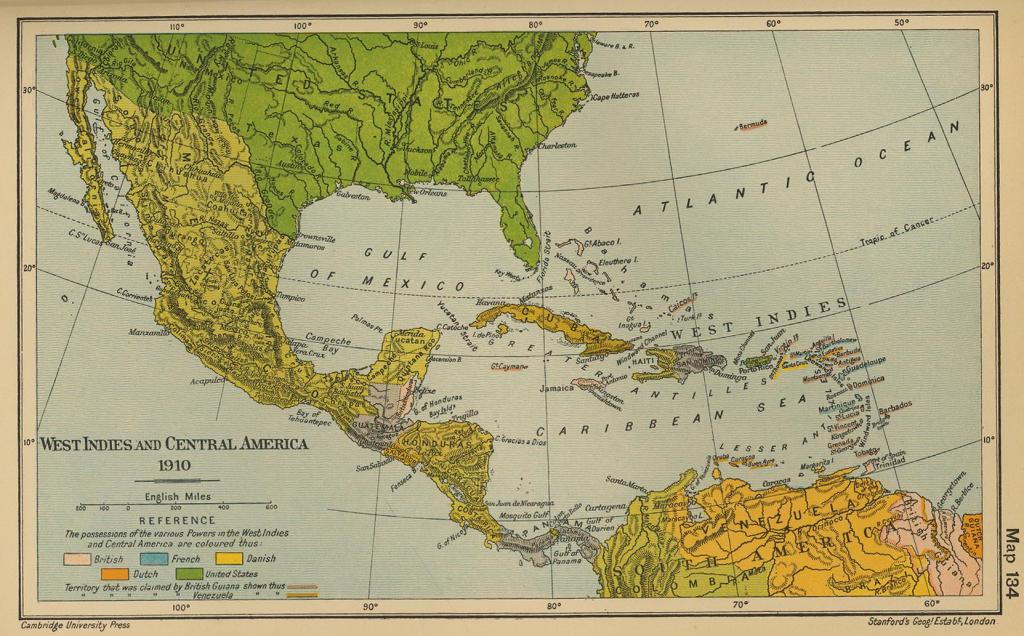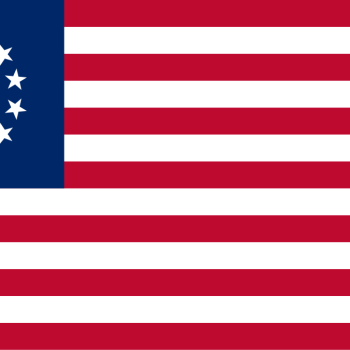This post concerns using a kind of historical evidence that I don’t normally deal with, namely popular songs from the early and mid-twentieth century. Film, pulp fiction, and even radio programs, I often use, and with great confidence, but Tin Pan Alley is new to me as a resource. I think I am drawing some valuable lessons, and I really would request help in finding more examples.
I am presently dealing with the history of American empire, and specifically from the standpoint of religion. But here is a mystery, or a paradox. The US has a huge debate over imperialism in the years around 1900, but then it fades away rapidly (or at least seems to), and the once very influential Anti-Imperialist League dissolves in 1920. That is much odder than it might appear, as that happens at a time of amazing imperial expansion of US imperial power throughout the Gulf and Caribbean region, through Central America and even deep into the Andes. US forces actively occupy several nations for a number of years, including Nicaragua, El Salvador, Cuba, Haiti, Guatemala, the Dominican Republic, and other nations in and around the Gulf of America (!sorry!). That is over and above Puerto Rico, which was annexed following the war with Spain. So the League formed to fight US imperialism vanishes at the time when imperialism is peaking. Hmm…
Now, anti-imperialism as such does not disappear, and I am able to quote some powerful voices of protest, but they have only a very limited impact on national opinion. With vanishingly few exceptions, Americans did not oppose these southward ventures because they did not properly constitute imperial conquests, although by any objective view, it is very difficult to see them as anything else. So what is happening here?
Partly, it was a matter of simple popular ignorance about the extent and geography of “Greater America,” which occupied nothing like the same place in national ideology that we see in the European powers, with their loud boasts of imperial power. Few non-expert Americans had any great sense of just what areas their country actually ruled. In his important 1917 text on the US in world politics, H. H. Powers noted that, “Not one American in a hundred realizes that we have a protectorate over Haiti and that our control is creeping out through all these southern seas. If he knew, his only reaction would probably be a slightly increased complacency.”
But we should also recall that this American “backyard” here also has a special role in national life, as we see from the popular culture of the years, where Cuba especially featured solely in terms of its potential for leisure and tourism, as “America’s playground.” In Cuba, the laws about sex (and sex work), alcohol, and drugs were much more easygoing than at home, or at least for white visitors, and prices were far lower. Vice and leisure industries were inextricably linked.
And that brings me a whole era of songs that I think make great illustrations of popular attitudes. In 1919, Irving Berlin’s hit song “I’ll see you in C.U.B.A.” portrayed the island as an idyllic refuge from Prohibition and American moralism:
Ever since the U.S.A. went dry
Everybody’s going there and I’m going too…
Cuba, where wine is flowing
And where dark-eyed Stellas
Light their fella’s panatellas
I won’t quote the lyrics in full, but they are really suggestive of attitudes: they are worth reading.
The song was still thought to be sufficiently relevant to a mass audience that it was recorded by Bing Crosby in 1946, and Nat King Cole in 1956. In those years, Cuba’s role as a hub for gambling and sex work was reaching its height: remember Godfather II. Only by remembering Cuba’s earlier role as the Isle of Sin can we appreciate the extraordinary shock that Castro’s revolution had in 1958-1959.
Another hit of the era commemorated the overwhelming US naval presence in Trinidad, which was a British base until the US de facto acquired it in the Destroyers For Bases agreement in 1940. This represented an extraordinarily significant advance of US imperial power in the hemisphere, yet the whole story is best remembered not through any sober scholarly analysis, but rather through in the musical recording of “Rum and Coca-cola.”
As the Andrews Sisters sang in 1945, local women were taking advantage of the lucrative opportunities offered by the lavishly-paid American servicemen. In retrospect, the song’s mildly naughty lyrics are very troubling for what they suggest about the sexual exploitation inherent in colonialism:
Drinkin’ rum and Coca-cola
Go down Point Cumana
Both mother and daughter
Workin’ for the Yankee dollar.
Again, do read the lyrics, they are eye opening. The original pre-Andrews Sisters versions of the song make the prostitution element much more explicit.
Or look at Nicaragua, where the US intervened regularly, fought a guerrilla war against a local resistance movement in the 1920s, and continued to dominate utterly through puppet dictators through the 1970s. Even after the formal withdrawal of US military might, it remained an economic colony.
In 1946, Guy Lombardo had a hit with a song that proclaimed,
Managua, Nicaragua is a beautiful town
You buy a hacienda for a few pesos down.
Even Damon Runyon’s comic gangsters dabbled in revolutions in Nicaragua, the suggestion being that stereotypically immature and excitable Latin Americans naturally launch such movements at the slightest pretext.
If such popular songs can in no sense be claimed as imperial anthems, they do give an excellent idea of how ordinary Americans viewed their southern quasi-empire. And that is why I am spending so much time right now following up on musical acts which belonged to my father’s time or before. There is good history to be found here.
Other suggestions very gratefully received!


















